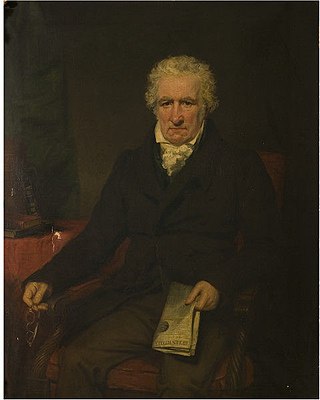See also
- Russ Gamester (born 1965), American auto racing driver
- The Compleat Gamester , a 1674 English-language games compendia
- All pages with titles containing Gamester
Gamester or The Gamester may refer to:
Shirley may refer to:

Edward Moore, English dramatist and miscellaneous writer, the son of a dissenting minister, was born at Abingdon, Berkshire.
Seventeen or 17 may refer to:

Shirley, A Tale is a social novel by the English novelist Charlotte Brontë, first published in 1849. It was Brontë's second published novel after Jane Eyre. The novel is set in Yorkshire in 1811–12, during the industrial depression resulting from the Napoleonic Wars and the War of 1812. The novel is set against the backdrop of the Luddite uprisings in the Yorkshire textile industry.
Sisters are female siblings.

Susanna Centlivre, born Susanna Freeman, and also known professionally as Susanna Carroll, was an English poet, actress, and "the most successful female playwright of the eighteenth century". Centlivre's "pieces continued to be acted after the theatre managers had forgotten most of her contemporaries." During a long career at the Theatre Royal, Drury Lane, she became known as the second woman of the English stage, after Aphra Behn.
Wonder most commonly refers to:
Example may refer to:
Goldfinger may refer to:
A traitor is a person who commits treason.
The Wedding may refer to:
A warlord is a military leader.

John Bell (1745–1831) was an English publisher. Originally a bookseller and printer, he also innovated in typography, commissioning an influential typeface that omitted the long s. He drew the reading public to better literature by ordering attractive art to accompany the printed work.
An impostor or imposter is a person who pretends to be somebody else.
Andrew Crooke and William Cooke were London publishers of the mid-17th-century. In partnership and individually, they issued significant texts of English Renaissance drama, most notably of the plays of James Shirley.
Disturbed may refer to:
A busybody is someone who meddles in the affairs of others.
The Gamester is a 1705 comedy by the English writer Susanna Centlivre. This marked the first time Centlivre had a star cast in one of her productions, and it was a hit. The play was one of the most popular of the nineteen she wrote, and it was fairly often staged until 1745, before later being revived at Covent Garden in 1789 under an alternative title. It is inspired by the 1696 play Le Joueur by the French writer Jean-François Regnard, with numerous changes made to reflect its English setting most particularly in its moral about the "ill consequences of gaming".
John Corey was an English stage actor and playwright of the eighteenth century. His name is sometime written as John Cory.
George Pack was a British stage actor, singer and theatre manager of the eighteenth century. His first known performance on the London stage was as Westmoreland in Shakespeare's Henry IV at the Lincoln's Inn Fields Theatre and he remained with the company until it transferred to the Queens's Theatre in the Haymarket in 1705. He played in a mixture of comedies and tragedies, originating roles in plays by many of the leading dramatists of the era including Nicholas Rowe, Mary Pix, John Vanbrugh and Susanna Centlivre.